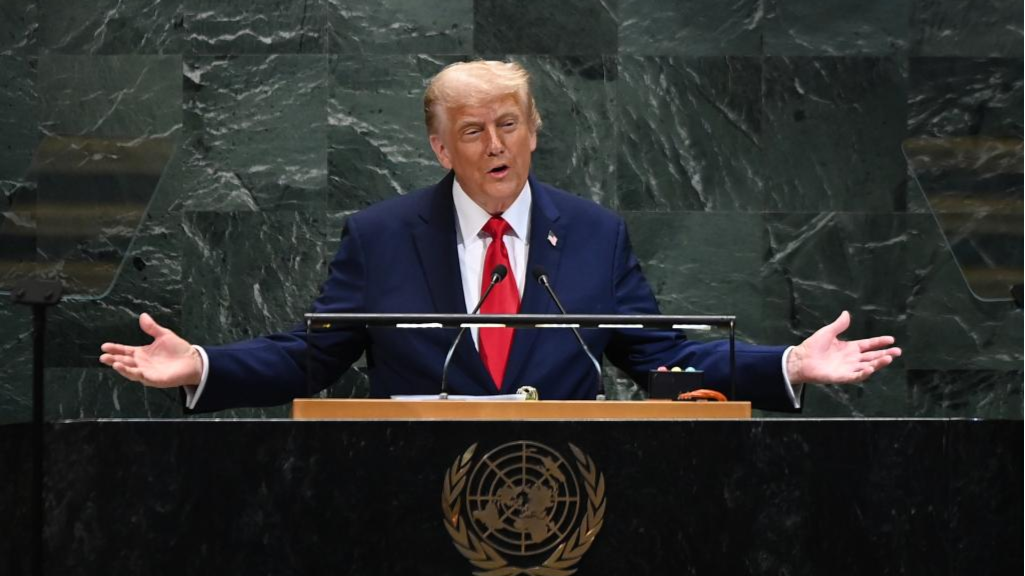
WASHINGTON -- The Trump administration has notified Congress that the United States is now engaged in a "non-international armed conflict" with drug cartels it has designated as terrorist organizations, local media reported Thursday.
US President Donald Trump determined that these cartels are non-state armed groups, designating them as terrorist organizations, and determined that their actions constitute an armed attack against the US, according to a White House memo.
These groups are now transnational and conduct ongoing attacks throughout the Western Hemisphere as organized cartels, said the memo.
ALSO READ: Trump slaps new US tariffs on drugs, trucks and furniture
It did not specify which cartels were involved, nor how US authorities linked targeted suspects to those organizations.
Last month, US forces sank three boats in international waters south of the Caribbean, allegedly from Venezuela, killing 17 people on board. The memo described the dead as "unlawful combatants" and justified the US strikes as self-defense.
The strikes have drawn sharp criticism from congressional Democrats. Senator Jack Reed of Rhode Island, the top Democrat on the Armed Services Committee, accused Trump of deciding that he could wage "secret wars against anyone he calls an enemy."
The Trump administration offered no credible legal justification, evidence or intelligence for the strikes, Reed said Thursday.
READ MORE: White House freezes funds for Democratic states in shutdown slap
The administration has also deployed warships to the Caribbean. The New York Times reported Tuesday that the Pentagon has built up a force of more than 6,500 troops in the region.
Venezuelan President Nicolas Maduro has repeatedly accused the US of using cartel threats as a pretext for regime change and military buildup in Latin America.
While some cocaine leaves South America through Venezuela, the country is not a main source of US-bound drugs, according to a 2020 report from the US Drug Enforcement Administration.


